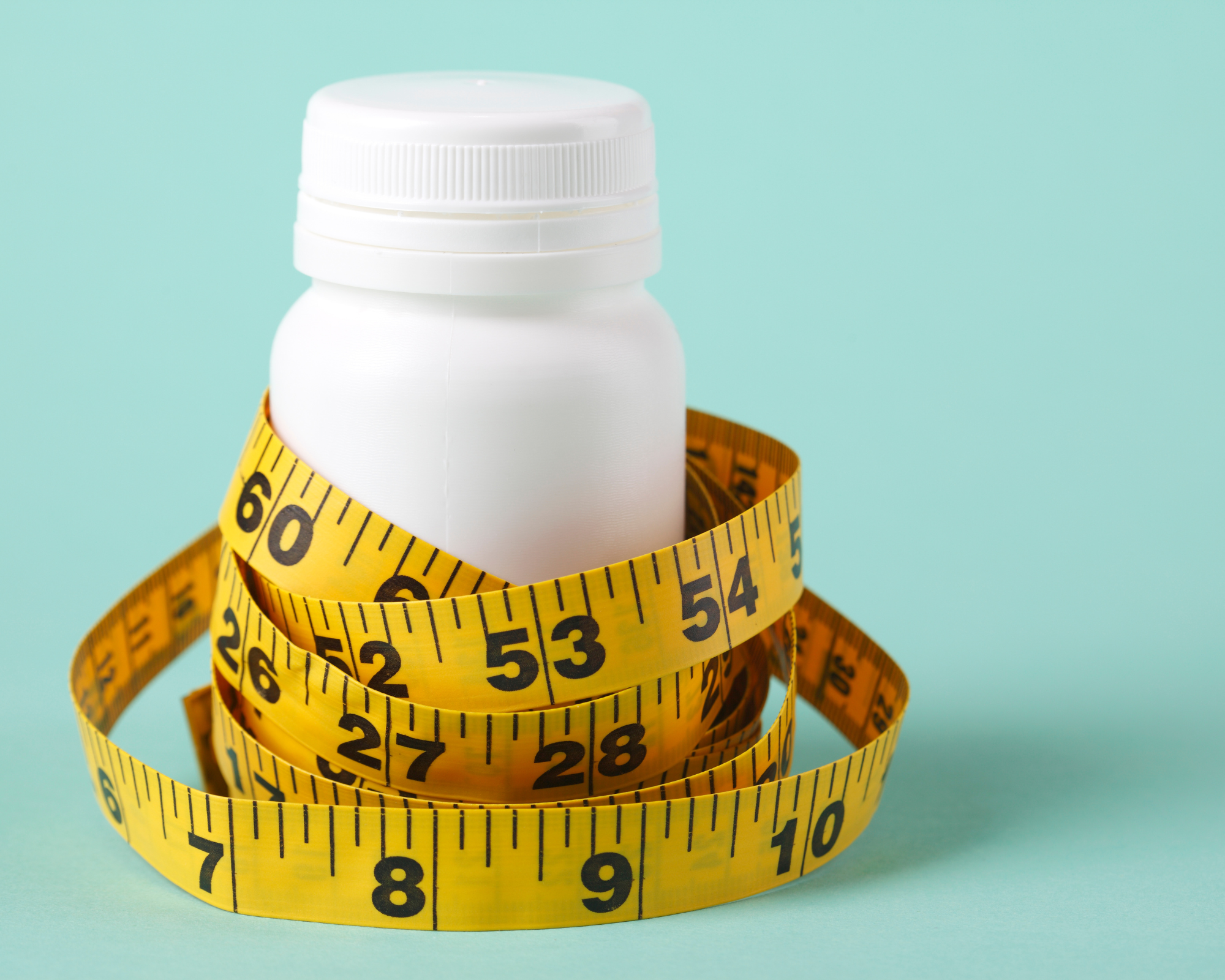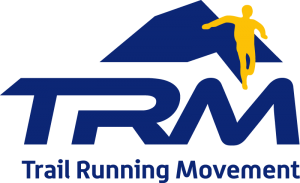
WEIGHT LOSS SUPPLEMENTS
Do Weight Loss Supplements really work?
Several runners who struggle with excess weight often ask us this question. Supplements intended for this purpose have increased tremendously over the years. Since these are substances of vegetable origin, many athletes think they are synonymous of health, forgetting that unpleasant side effects can, however, occur. But the question is another: are they really effective in achieving the goal? We report an excerpt from an article written by our expert nutritionist Dr. Biorci who answers the question.
Vegetable supplements usually never have significant side effects but it is essential to understand whether these supplements – advertised for improving carbohydrate metabolism, increasing lipolysis and energy expenditure, reducing hunger – are effective. And in this the recent review of a study on the efficacy and safety of dietary supplements aimed at weight loss helps to clarify (Abstract)
Twenty-one supplements were included in the study. No high-quality evidence of efficacy has emerged for any. Eight had moderate evidence to support their efficacy, and thirteen had evidence considered to be of poor quality.
Let’s try to get more into the matter.
No even moderate evidence has correlated supplementation and energy expenditure. Only a low correlation for capsaicin, curcumin and L-Carnitine.
On appetite regulation, instead, moderate evidence for: green tea, white beans, whey protein, coffee, caffeine and chlorogenic acids. Low evidence for: ginseng, chitosan, β-glucans, psyllium, glucomannan, guar gum, agar, inulin, caralluma, spirulina, bitter orange, guarana.
With regard to fat metabolism, only moderate feedback for diacylglycerol. For the rest, low evidence for the other substances analysed: pyruvate, licorice, Garcinia Gambogia, resveratrol, conjugated linoleic acid, aloe vera, flax seeds, grapefruit.
And again, on carbohydrate metabolism, moderate evidence only for chromium, low for mangosteen and lipoic acid.
In short, at the end of the game the balance describes a team with 62% of low quality players, 13% of moderate and 0% of high quality.
Net therefore, training and balanced nutrition remain winners.
Otherwise called sweat and moderation.
Are you interested in analyzing our nutritional plan tailored for you to accompany you in training and competitions?
Find out more here: Food Programs and Sports Diets
nutrizionista sportivo, sports diet, sports dietician, sports form, Sports Nutrition, weight control








